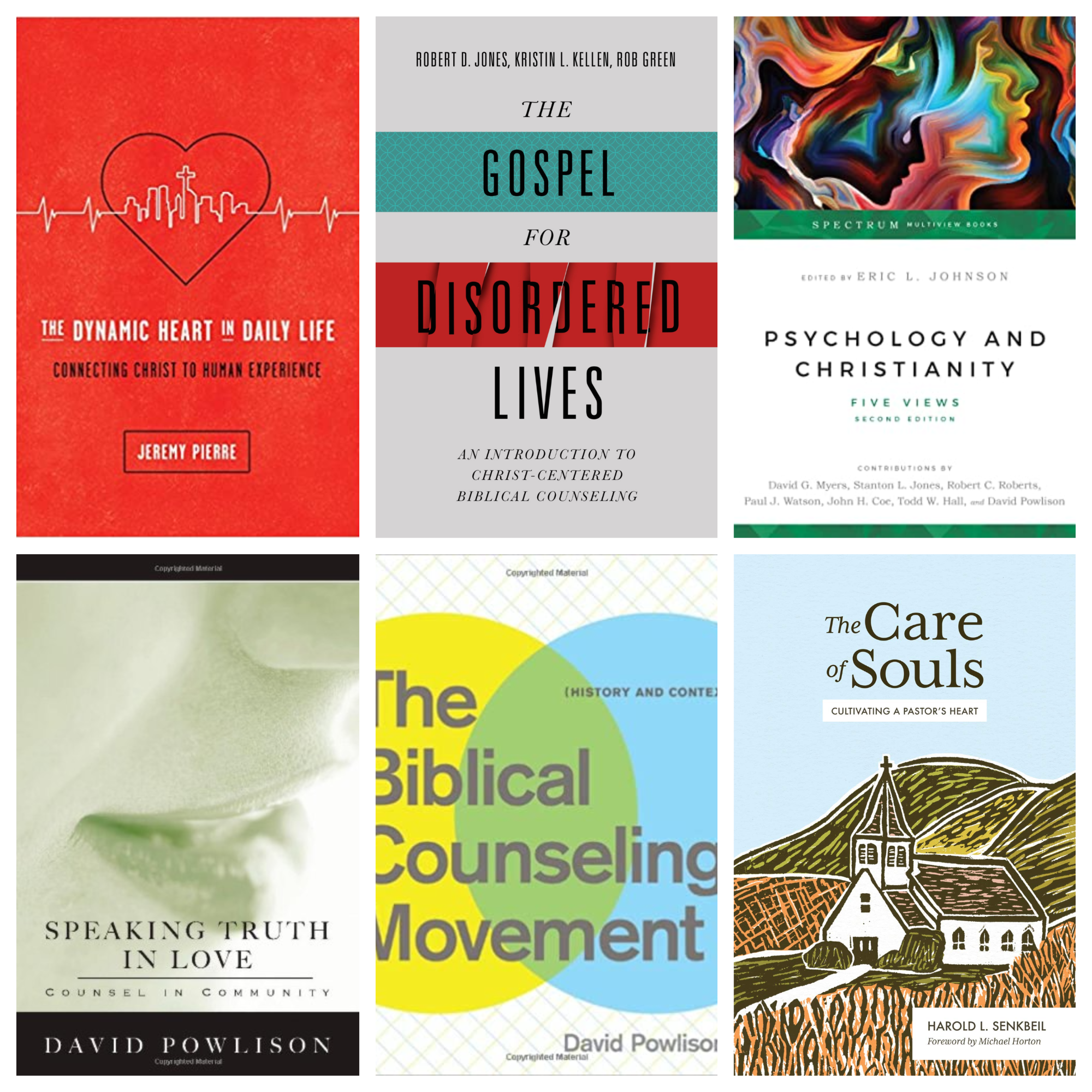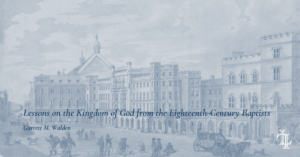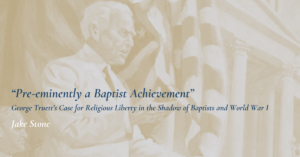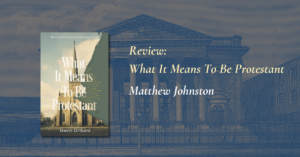Two elements must be considered when recommending resources. First, the one recommending the resources must know the ones to whom he is recommending them. Second, recommendations must have clarity of purposefulness—what are those resources good for? With that in mind, the list I have curated below envisions an audience of Christian pastors who are engaged in providing soul care and counseling within their congregations according to revelation peculiarly given in Scripture. The books below can help pastors to reflect on their roles as shepherds and develop a ministry philosophy for the practice of counseling in the church.
The wealth and depth of Senkbeil’s book flow from his five decades of experience as a pastor in the Lutheran tradition. Keeping in line with Thomas Oden and Eugene Peterson, acknowledged as influential in his views of ministry, Senkbeil sees pastoral ministry as, first and foremost, a ministry of love—a love that doesn’t come from the minister but from Christ. Dependence, humility, patience, and prayer are themes that permeate Senkbeil’s work, for God is ultimately operating the work in which pastors participate. His goal, therefore, is not to provide the “how-to’s” of pastoral ministry. Instead, Senkbeil focuses on the theological concept of habitus, that is, the disposition created by the Spirit of Christ in the heart of the minister.
What kind of counseling, if any, is the church responsible for providing? How much and when, if at all, should the church defer counseling to professionals? What kind of professionals? Christians have understood the work of counseling in different ways, disagreeing on the answer to these questions. The book Johnson edited collects the description and argumentation of five different perspectives: levels of explanation, integration, Christian psychology, transformational psychology, and biblical counseling. The interaction between these views allows pastors to understand the differences, giving them an opportunity to consider their own philosophy of counseling.
In terms of counseling, what can the church accomplish by using Scripture? What is the role of Scripture in the practice of counseling? In the 1970s, Jay Adams began advocating for a counseling model (nouthetic counseling) purely based on Scripture and contextualized in the church. Adams’s efforts gave birth to what came to be known as the Biblical Counseling Movement. In 1996, Powlison took up the task of documenting the history of this movement for his Ph.D. on the history of science and medicine at the University of Pennsylvania, which later became this book. Understanding the origins and context in which Adams first argued for his counseling model clarifies the influences and reasoning behind his polemic discourse and strategies. An adequate view of the history of the biblical counseling movement allows for an informed critical consideration of Adams’s ideas and practices, something other biblical counseling representatives, including Powlison, have done while also offering important corrections.[1]
Powlison was a prolific essayist. Speaking the Truth in Love is a collection of his essays. His gentle tone and nuanced argumentation provide the reader access to his pastoral heart, even as he communicates the central truth about pastoral care and counseling ministry: it is the work of speaking the truth in love. For Powlison, while preaching constitutes the public expression of the church’s ministry of the Word, biblical counseling can be defined as the interpersonal manifestation of that same ministry of the Word. His essay “Affirmations and Denials” has served to bring nuance and clarity to the argument for biblical counseling.
To care for souls means to care for hearts. But what does that mean? Writing to help counselors, Pierre presents an anthropology that accounts for the heart responding cognitively, affectively, and volitionally to the surrounding circumstances. His model rejects a simplistic view of human experience. Instead, he carefully examines how Scripture speaks about the heart in its multiple functions and expressions, providing the reader with a theology of the human experience, as well as methods to help individuals to respond in faith in the particularities of their hearts.
For those looking to provide training in their congregation to equip members and leaders for mutual, organic counseling, Jones, Kellen, and Green provide some helpful introductory material. They survey matters such as the theology, process, and methods of counseling, while also addressing various common problems and age groups. The short chapters facilitate the use of its content for training purposes, and its simple language makes it accessible to anyone.[2]
[1] For more on these corrections, see Heath Lambert, The Biblical Counseling Movement after Adams (Wheaton, IL: Crossway, 2011).
[2] For another helpful resource for counseling training, see John Henderson, Equipped to Counsel: A Training Course in Biblical Counseling, 2nd ed. (Bedford, TX: Association of Biblical Counselors, 2019).
Author
-

Lucas Sabatier M. Leite is a Ph.D. candidate in counseling and systematic theology at The Southern Baptist Theological Seminary (Louisville, KY). You can interact with him through his Twitter.
View all posts



